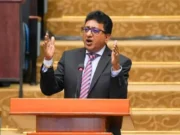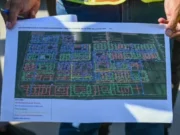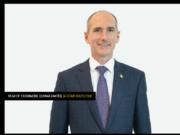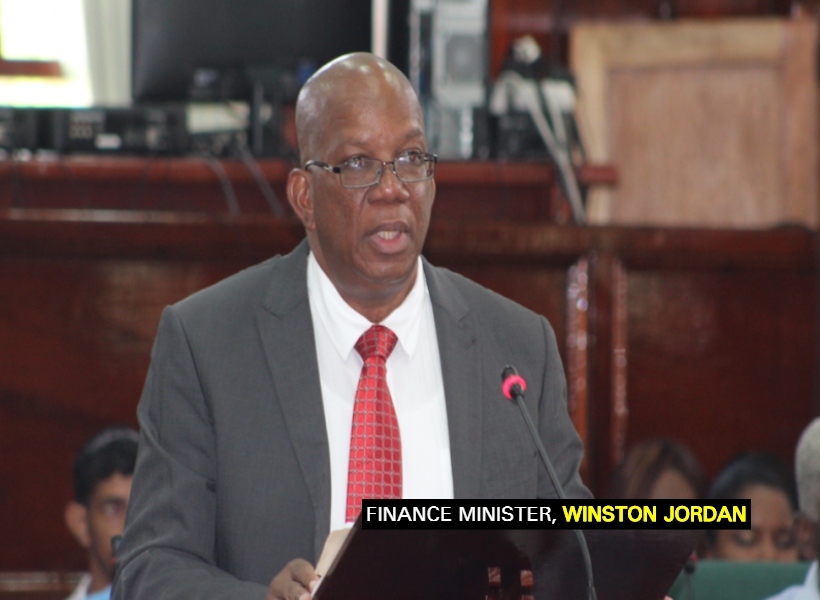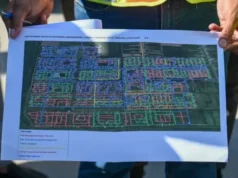The Coalition administration is rushing to ensure the operationalization of the Natural Resource Fund (NRF) before First Oil which is expected in a matter of days. Should this occur, there are three key committees that would not be in place to provide oversight and critical advice. They are the Macroeconomic Committee, the Investment Committee, and the Public Accountability and Oversight Committee.
According to the NRF legislation, the Macroeconomic Committee shall be responsible for advising the Minister on the Economically Sustainable Amount and a Fiscally Sustainable Amount (FSA) to be withdrawn from the Fund. In analyzing the impact of additional spending on the economic competitiveness of Guyana, the NRF Act mandates this Committee to consider key variables such as inflation, the exchange rate, economic growth, the composition of public spending, stability in public spending, and public debt.
The Investment Committee is responsible for advising the Minister on the Investment Mandate and, in doing so, shall take account of the current conditions, opportunities and constraints in relevant financial markets; ensure sufficient funds are available for withdrawals from the Fund; ensure international best practices in investment portfolio management; consider the capacity of the institutions involved in the management of the Fund and Guyana’s ability to bear financial risk, and ensure the need for the Fund in the long term to achieve on average, over a number of years, a real total return of at least three percent per annum, in United States Dollars, while minimizing risk.
With respect to the Public Accountability and Oversight Committee, it shall be responsible for monitoring and evaluating the compliance of the Government and other relevant persons with the provisions of the Act; monitoring and evaluating whether the Fund has been managed in accordance with the principles of transparency, good governance and international best practices including the Santiago Principles; and providing independent assessment of the management of the Fund and utilization of withdrawals.
Considering the foregoing, Minister Jordan said that the committees would not be in place before year-end. He noted that the Private Sector Commission (PSC) and the Opposition are still to provide their nominees. He explained that in the case of the Commission, it is looking overseas for a suitable candidate. As regards the Opposition, Jordan reminded that it has clearly stated that it does not recognize the government as legal hence its refusal to provide a nominee for any of the Committees.
In the meantime, the Finance Minister said that other candidates are being looked at for the first two Committees with a shortlist to be drafted soon. In addition to this, he said that a remuneration package was put together for the potential members of the Macroeconomic and Investment Committees but it has to receive Cabinet’s blessings. He noted that the Committee members would be paid based on the number of days worked as opposed to a salary since they would not be employed on a full-time basis.
As for the Public Accountability Committee, Jordan said that it would be much harder to establish since it has 22 members as opposed to the other two committees which have about five. Even though it would not be ready by the time the Fund is in place, he said that other mechanisms to ensure there is transparency such as regular reporting by Bank of Guyana and the Ministry of Finance on their websites and to Parliament are on course.
He was keen to note as well that the absence of Opposition Members on any of the committees would not affect the overall functions. But the ideal situation would be to have all members in place, the economist said.
